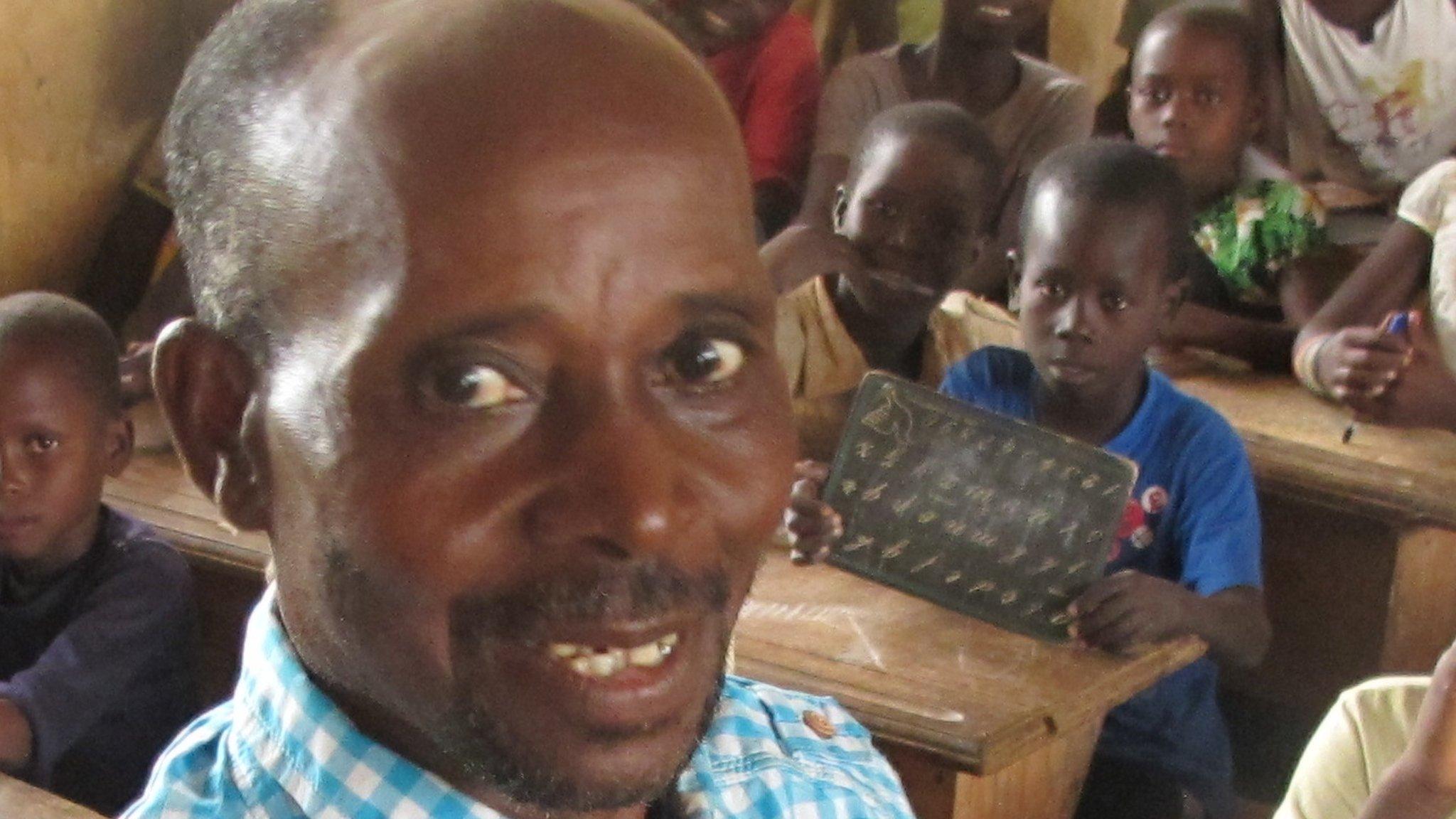Central African Republic declares emergency as rebels surround Bangui
- Published
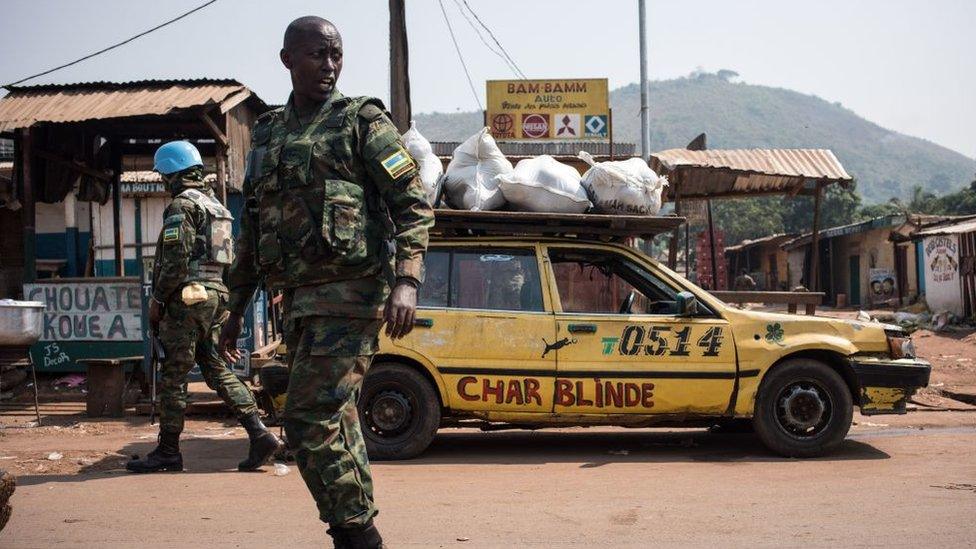
Rwandan troops are among a contingent of peacekeepers deployed to support the government
The Central African Republic (CAR) has declared a state of emergency as the army and UN forces try to repel advancing rebel groups who want to overthrow the government.
The anti-government fighters, who now control two-thirds of the country, have surrounded the capital, Bangui.
The UN envoy to CAR has warned the country was "at grave risk."
The rebels dispute the validity of President Faustin Archange Touadéra's re-election in last month's poll.
The authorities have accused former President François Bozizé, who was blocked from running in the 27 December election, for the escalating violence.
"The perpetrators... of these unforgettable crimes against the people of CAR will be found, arrested and brought before the competent courts," President Touadéra said on Monday, while also calling for national reconciliation.
Mr Bozizé, who came to power in 2003 before he was overthrown in 2013, has denied the allegations.
'Children bearing brunt of crisis'
At least 200,000 civilians have been directly affected by the fighting since December, and at least half of the number remain displaced from their homes, the UN agency children's Unicef says.
"This new wave of violence and displacement is increasing humanitarian needs at a time when the Central African people are already dealing with the consequences of the Covid-19 pandemic and years of conflict and insecurity," said Fran Equiza, Unicef's representative in CAR.
He said that children were bearing "the brunt of this crisis."
"We are calling on all parties to ensure that civilians, especially children and women, are protected and kept out of harm's way, in line with international human rights and humanitarian law," Mr Equiza said.
Call for more UN peacekeepers
The state of emergency declared on Thursday evening will last for 15 days, the government spokesman Albert Yaloke Mokpeme said on national radio.


He said soldiers will be allowed to make arrests without going through prosecutors.
The BBC's Pacôme Pabandji in Bangui says many residents of the capital are not surprised at the state of emergency given the deteriorating security situation in recent weeks.
According to security sources, the declaration was a necessary step after information obtained from people arrested in the last few days suggested there was an imminent threat to the government.
CAR "is at serious risk of a security and peacebuilding setback," said Mankeur Ndiaye, the UN envoy to the country.
He urged the UN Security Council to increase the number of peacekeepers with a flexible mandate, that allows them to respond to the escalating security challenges in the country.
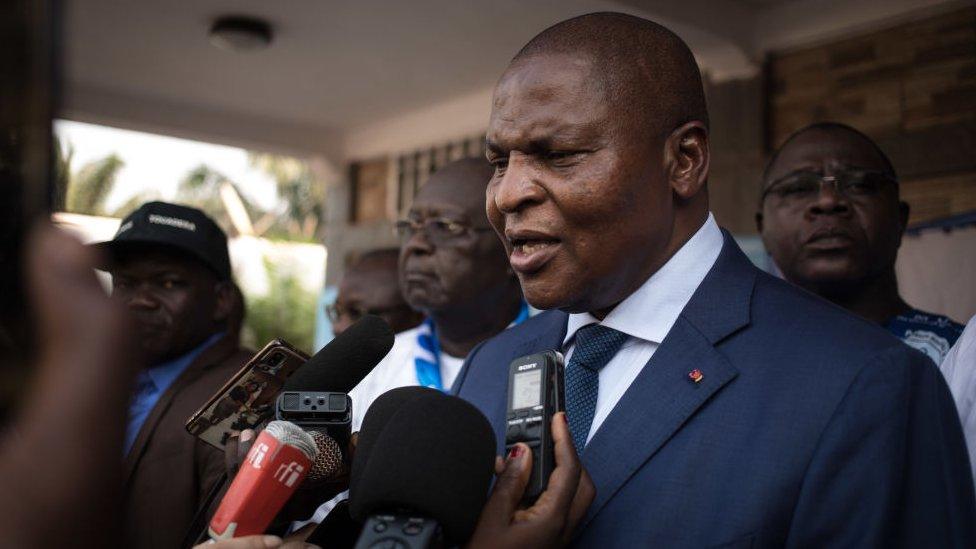
Mr Touadéra won a second term in an election marred by insecurity incidents
Mr Ndiaye did not specify the security resources he wanted to be deployed but the Reuters news agency, quoting a source close to the UN mission, Minusca, reported that CAR needed 3,000 extra peacekeepers, attack helicopters and even special forces.
According to Mr Ndiaye, large numbers of government troops have deserted due to insufficient training and resources.
At least 12,000 peacekeepers are already on the ground in CAR.
Ahead of the December election, Rwanda and Russia sent in reinforcements to help the government. France has also sent in military resources to back President Touadéra's government.
Meanwhile, the government is pushing for the lifting of a 2013 UN arms embargo which it sees as an obstacle in its fight against the rebels.
Why is Russia helping the Central African Republic?
Related topics
- Published7 January 2021
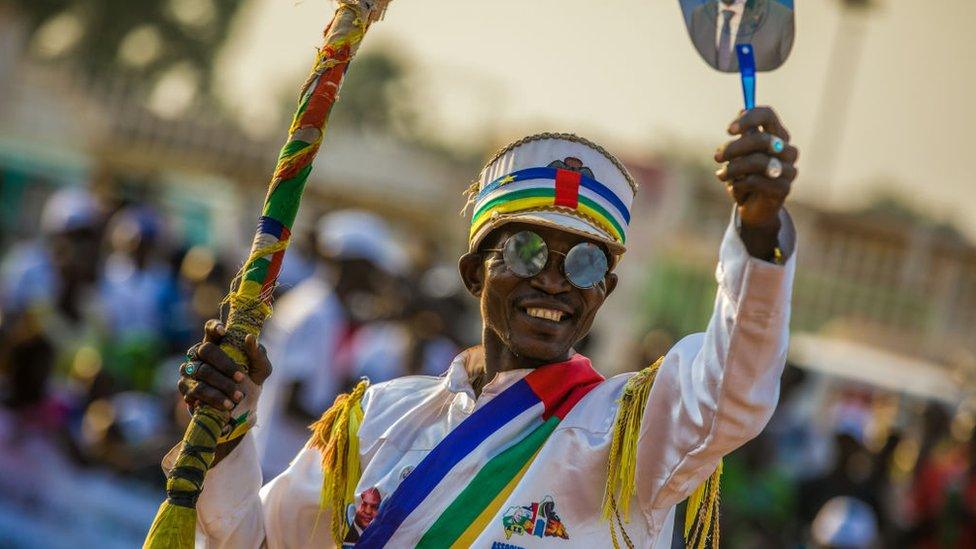
- Published3 September 2019
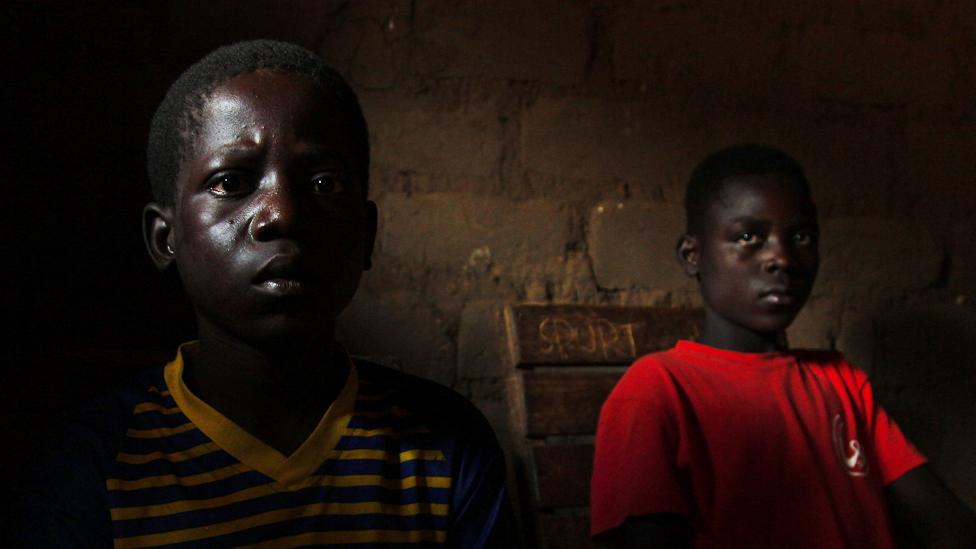
- Published22 August 2023
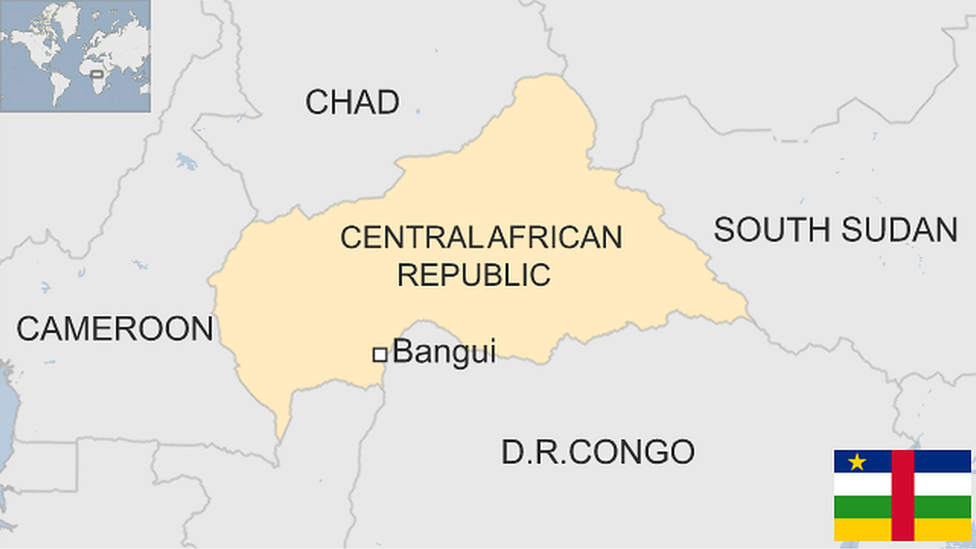
- Published10 December 2017
